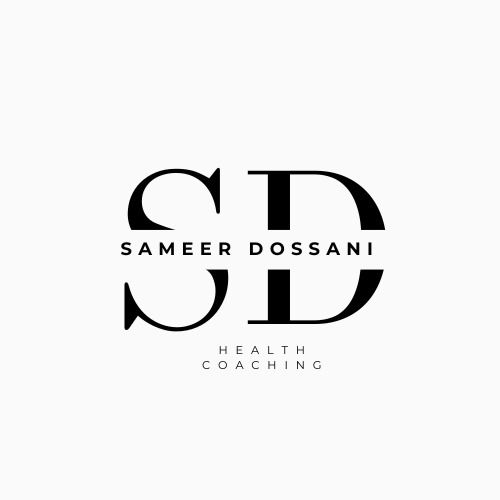War and Health
Feb 02, 2024
The last few months have been hard. Those living in West Asia and occupied Palestine are facing a level of hardship that most of us will never be able to imagine, much less endure. Even for those of us who are not personally affected, it’s been hard just to watch these events unfolding in a world that often doesn't seem to care.
Anyone with an ounce of empathy will ask a question: “What can I do about it?”
The answer to that will inevitably be, “Not enough.”
That’s not to say that there aren’t things that can be done or that many of us aren’t doing those things. We can call on local legislators to take a stand, we can donate money, we can sign international petitions and so on. All of these things have value, even if their impact is not always immediately perceptible.
In our pain and desperation many things may happen. We may get obsessed with following the news. We may lose sleep. We may turn to alcohol, drugs or junk food in an attempt to comfort ourselves.
In my roughly 30 years of human rights work, I’ve noticed patterns. People who are moved about the plight of oppressed peoples tend to feel a heavy burden. They get lost in the weight of that burden; often they become workaholics. Their addiction to their work is their coping mechanism. Whatever they do, it doesn't stop the traumatic images coming on the TV screen every nights, so it’s not enough. It’s never enough, and the answer is usually to work even harder. Ultimately this leads to burnout. In some cases the burnout leads to disease. The disease can be serious enough to cost them their life. I’ve lost too many friends too young to this cycle.
When we fall victim to these kinds of (totally understandable) patterns we help no one. Not ourselves, not our communities and certainly not the communities being oppressed.
So what’s the way out? Taking a moment to breathe would be a good start.
Taking time to focus on our health doesn’t endanger our very important work. It certainly doesn’t blunt our empathy. Quite the opposite. The people I know who are the most effective activists, the most effective organisers, are those who also take time to focus on their health.
And it makes sense. When you are in a meeting or drafting a petition or organising a march, do you think you’ll do better if you’re stressed, anxious, and haven’t slept well? Or will you do better if you’re calm, energetic and well rested?
So this year as I celebrate my birthday month I invite you to take a moment to breathe. One way to do that is to join the six week course which will be starting soon. During the course I will teach you various strategies and tactics to build your resilience. To learn more, book a call here. That's not the only way, of course. Just being aware that you can and should prioritise your health is a step forward.
We are in a time of crisis. Climate crisis, war, or just the stress of losing a job or ending a relationship - these things are all going to happen and we’d better be ready for them. The strategies I help people with are designed to build resilience so that those of us living through these events are better able to face them.
The alternative is to be a ship lost to the currents. Workaholism, booze and junk food might be able to get us through the day, but these things can’t get us through the years. I’ve seen too many friends lose control and end up shattered against the rocks.
Doing the healing work is important, and it’s important not just for you (i.e the individual who’s doing the healing). Strong movements need strong people. If we’re going to be making the world a better place, we’d better ensure that we have the physical, mental and emotional strength to achieve that lofty goal. So whether or not you can join the 6 week course, take a moment to breathe.
🌱 Ready to Find Your Path to Gut Freedom?
Stop trying to solve your Crohn's, Colitis, or IBD alone with conflicting advice. A personalized plan is the fastest way to clarity and relief.
On a free call, you’ll get:
✅ Clarity on your triggers – Identify the dietary and lifestyle factors uniquely impacting you.
✅ A tailored starting point – Get actionable steps to reduce inflammation and calm your gut.
✅ Real answers – Ask anything about your symptoms and healing (no topic is off-limits).
💬 “Working with Sameer gave me a clear path when I felt completely lost. This is the guidance I needed.” – Previous Client
Your personalized plan is a conversation away.

